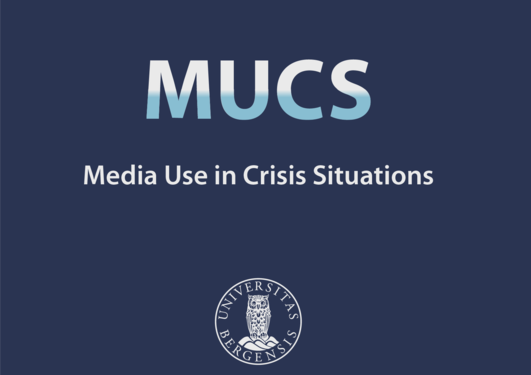When The Elderly Navigate the Digital Landscape
New research from MUCS uncover the challenges faced by elderly people as they navigate the internet and digital services in their everyday lives.

Main content
In today’s digital landscape, older adults who are relatively new to online platforms encounter a distinct set of challenges. As they venture into the virtual realm, their expectations and sense-making processes come into play. A recent study by the MUCS project sheds light on how seniors perceive and interact with the internet for informational and practical purposes.
Hilde [interviewer]: Have you ever googled in Norwegian? . . . used Norwegian in your search?
Elsa: In the question I ask Google? Never! I would consider that a bit rude.
Folk Theories of the Online World
Rather than focusing solely on access and technical abilities, this research dives deeper. It explores the underlying folk theories that guide older adults’ behaviors as they navigate the online world. These folk theories serve as mental frameworks, shaping their decisions and responses. The study identifies four interconnected folk theories.
1. Expecting Human Involvement. Older adults often transfer their offline expectations to the digital sphere. They anticipate a level of human interaction, even when engaging with automated systems. This expectation influences their comfort level and trust in online services.
2. Expecting Visibility. Visibility matters. Seniors want to know that their actions are recognized and acknowledged. Whether it’s leaving a comment, making a purchase, or seeking assistance, they expect some form of feedback or visibility.
3. Lack of a Human Safety Net. Unlike face-to-face interactions, the internet lacks the safety net of immediate human intervention. When things go wrong, older users may feel stranded. Their folk theory assumes that someone should be there to assist, but the absence of a physical presence complicates matters.
4. Human Limitations and Social Conventions. Folk theories also account for limitations. Older adults recognize their own cognitive and physical constraints. They adapt their behavior based on what they believe is socially acceptable online. For instance, they may hesitate to ask certain questions or explore unfamiliar features.
Anna: I often go back and forth on the webpage, looking for the correct information. And I am sure that the people working there are like, ‘What is she doing?’
Hilde: They see you?
Anna: Mhm . . . or not me . . . this [the curser] moves around, and I go up and down by using the arrow on my keyboard.
Advancing digital literacies
The study concludes that in order to advance digital literacies, older adults need stronger frameworks for transferring knowledge from one online situation to another rather than from offline to online. In addition, the findings also indicate how online services might be improved to work better for older adults: Design choices could consider that a task left unfinished might be a request for help, or that opportunities to search in different languages are not taken as given.
Particularly, older adults might benefit from online interfaces that are user-friendly - but not confusingly human-like.

